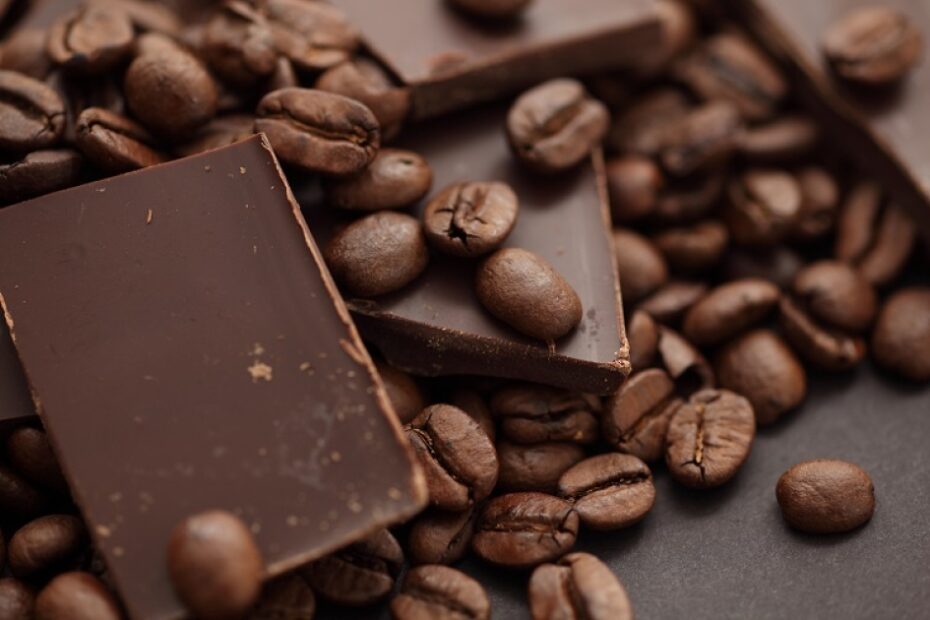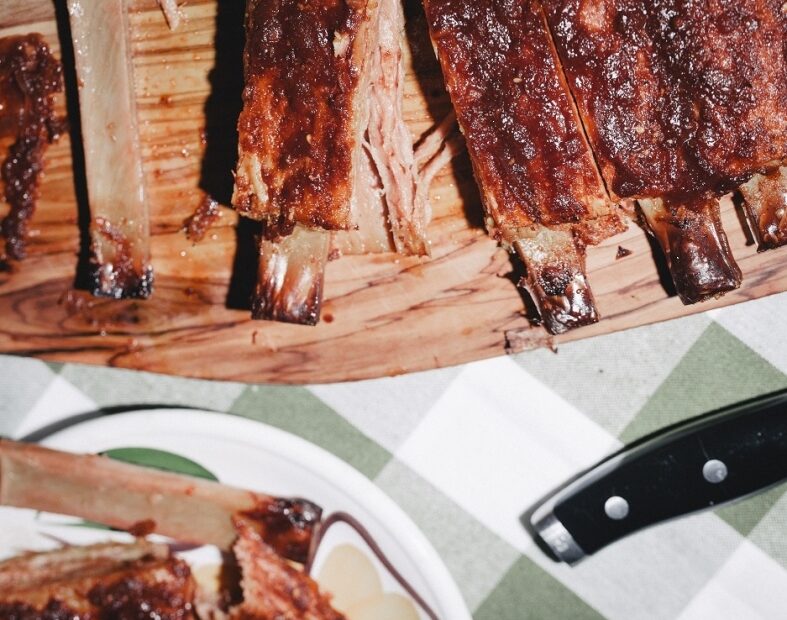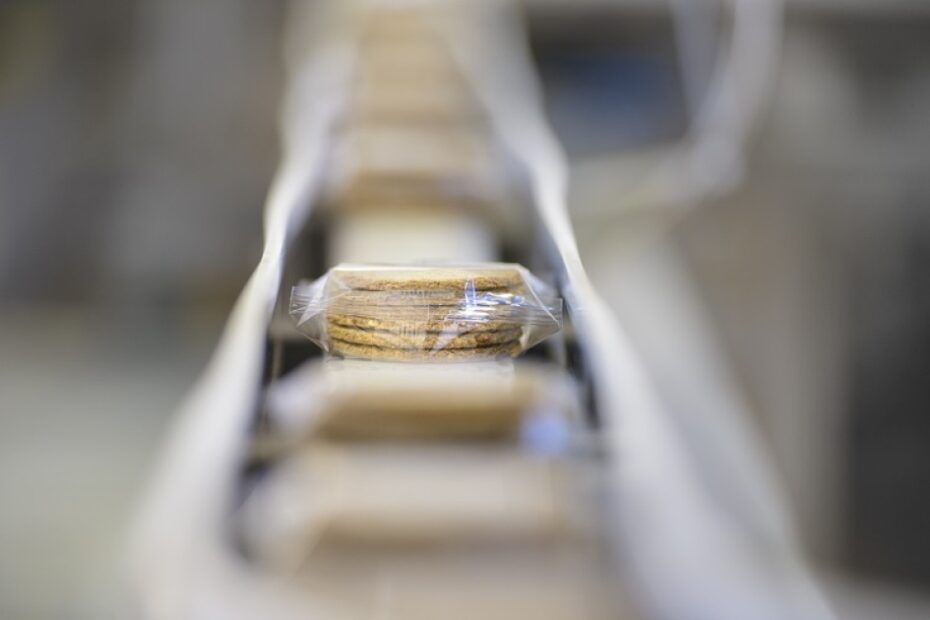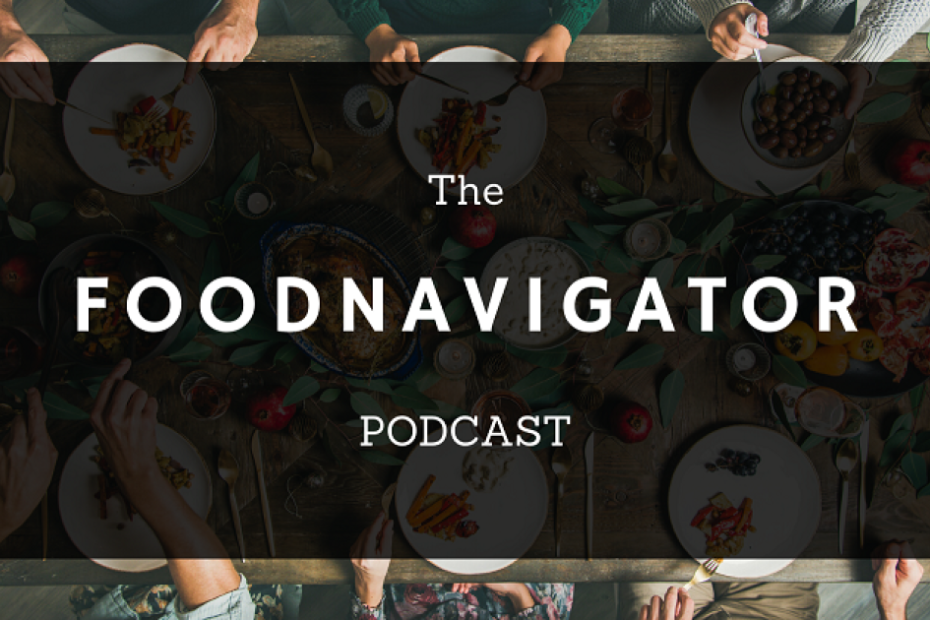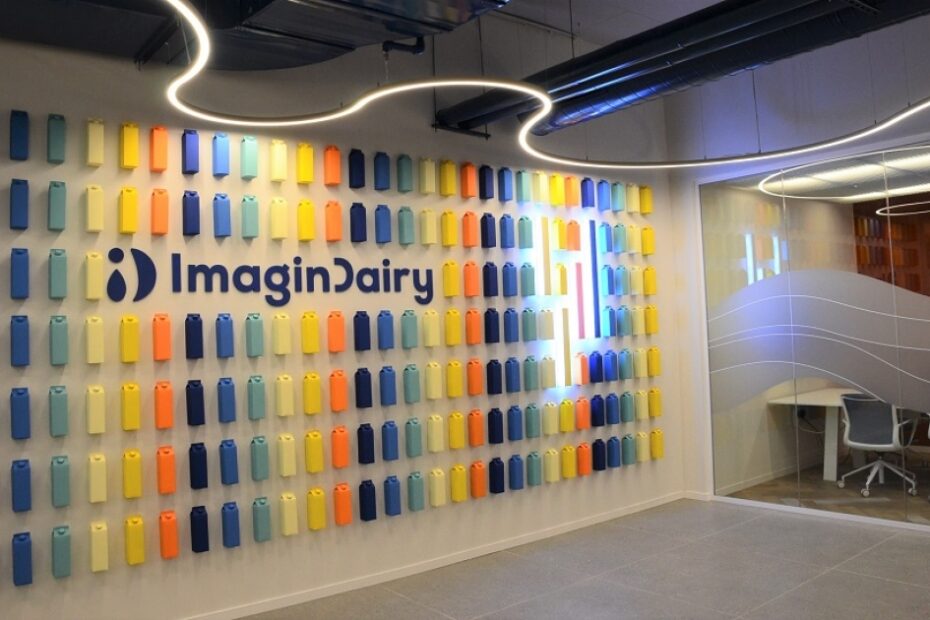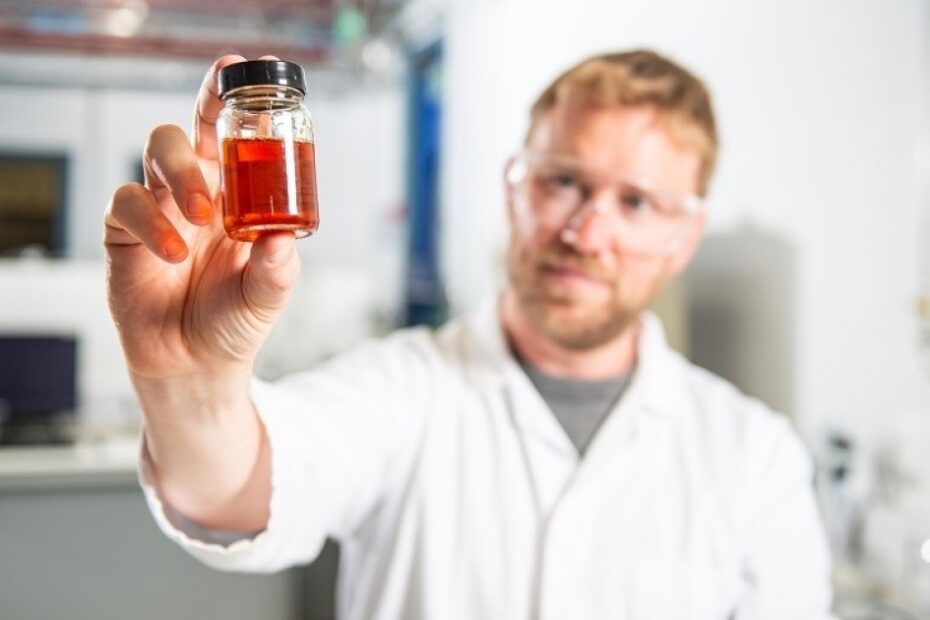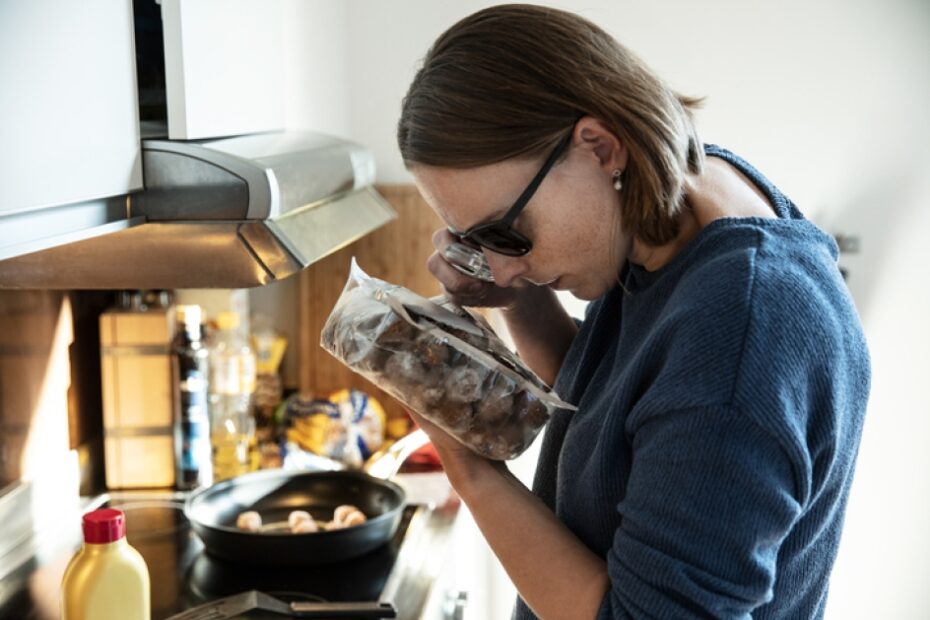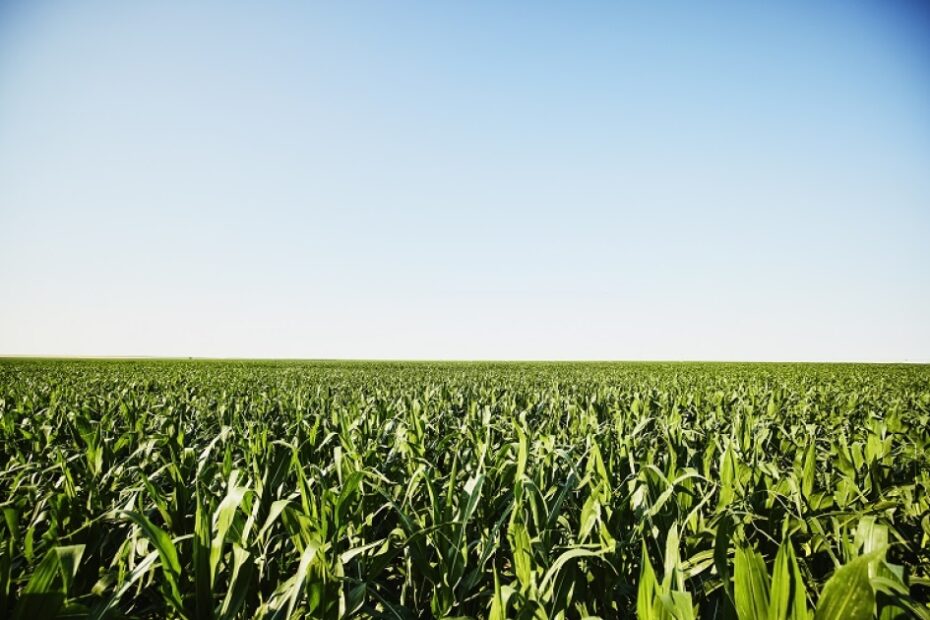A new kind of ‘free from’ category: From cocoa-free chocolate to bean-free coffee
Some of consumers’ best-loved products (think chocolate and coffee) are linked to environmental and human rights challenges. Climate change is threatening production and smallholder farming makes for complex supply chains.In response, innovators are rethinking production to buildout a new kind of ‘free-from’ category.At our third annual Climate Smart Food digital event, running 19-21 September, we’ll
